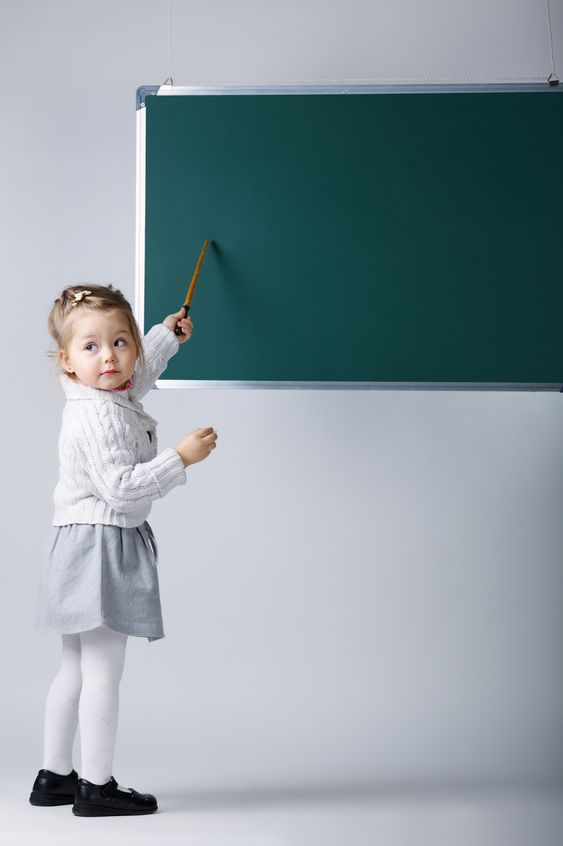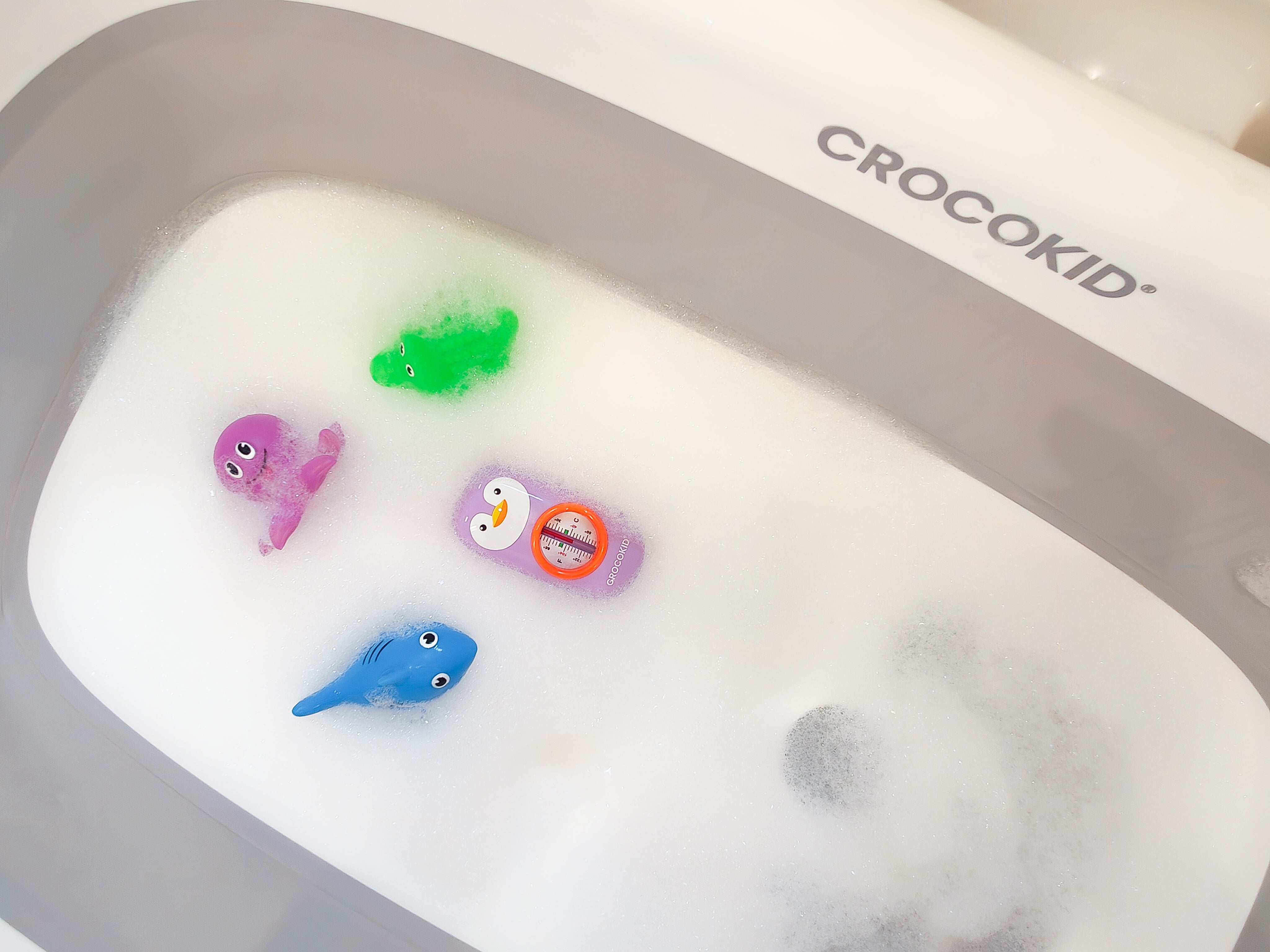
Daycare and Crèche: Preparation for the First Separation
Imagine this scene: your baby, so small and so dependent, is about to walk through the door of daycare or nursery for the first time. It is an emotional moment for parents, mixing pride and worry. You wonder if your little one will be okay, if he or she will cry when you're gone, if he or she will make new friends. The first separation is a crucial stage in a child's life, marking the beginning of their socialization and learning to be independent.
In this article, we'll explore the importance of this transition, give you practical tips for you, the parent, and guide you on how to prepare your child for this new adventure.
Prepare to approach this stage with confidence and serenity, because together, we will show you how to make this first separation gentle and meaningful.

Section 1: Understanding the Importance of the First Separation
The first separation between a child and his parents is a crucial stage in his development. This experience is not only an emotional transition, it is also fundamental to several aspects of the child's well-being.
Development of Autonomy : The first separation offers the child the opportunity to begin to develop his autonomy. This budding independence is essential for his self-esteem and his ability to make decisions for himself, even at a young age.
Studies by developmental psychologists, such as Dr. Maria Ainsworth, have shown that children who have the opportunity to experience gradual separations from their parents more easily develop a sense of independence.
Early socialization: Attending daycare or nursery provides a valuable opportunity for early socialization. Your child interacts with other children his age, learns to share, play in groups, and navigate varied social interactions.
Research by childhood development experts at Stanford University has shown that early socialization is a key factor in developing lasting social skills, which benefits a child's relationships in the long term. .
Preparation for Formal Education: The first separation also prepares the child for formal education. By following a routine outside the home and interacting with other adults, children develop skills that are crucial for their success in school.
A recent study conducted by the National Institute for Early Education Research (NIEER) demonstrated that children who had an early experience of separation have a smoother transition into preschool and primary school, showing better adjustment to the school environment .
Self-Confidence: The experience of separation helps to strengthen the child's self-confidence. By discovering that he can handle situations without the constant presence of his parents, he develops a sense of confidence and self-efficacy.
The work of psychologist Albert Bandura on the development of confidence in children shows that the ability to cope with progressive separations contributes significantly to strengthening the child's confidence in himself.

Section 2: Emotional Preparation for Parents
The first separation is not only a key stage for the child, it is also for the parents. Managing emotions during this transition can be a tricky task, but there are ways to prepare.
Tips for Parents : It is completely normal for parents to feel anxiety, worry and even guilt when separating from their child for the first time. To better manage these emotions, it is essential to prepare yourself mentally.
Take the time to familiarize yourself with the daycare or nursery environment. Talk with educators and staff to understand how your child's day is going. The more you know about where he spends his time, the more confident you will feel.
Overcoming Separation Anxiety: Separation anxiety is a completely normal emotion for both parents and children. To overcome it, be sure to maintain open communication with your child. Explain where you are going, when you will return and assure him that you will always come back.
Child psychology experts, such as Dr. John Bowlby, emphasize the importance of “attachment theory,” where a strong foundation of emotional security is essential for the child. Reassure your child by showing him that you are always there for him.
Testimonials from other parents: Hearing the experiences of other parents who have already gone through this transition can be reassuring. Many parents share their stories of separation anxiety and success in online support groups or in discussions with other parents.
Through these stories, you can learn how other parents dealt with their own emotions and how they helped their child adjust to the first separation. These stories are often full of practical advice and encouragement. Keep in mind that you are not alone in this experience, many parents have successfully navigated this time, and you can too.
Section 3: Physically Prepare the Child
When it comes to physically preparing your child for the first separation, there are practical steps you can take to make this crucial transition easier.
Preliminary Visits to Daycare or Nursery: A great way to acclimate your child to their new environment is to schedule preliminary visits to daycare or nursery. These visits can help your child become familiar with the location, staff, and other children. Be sure to speak with daycare staff in advance to arrange these visits.
Creating a Transition Routine: Children thrive on routines because they provide them with a sense of security and stability. Create a special transition routine for the mornings your child goes to daycare or nursery. This might include activities like a special breakfast, reading time, or a hug before you leave. This routine will help your child feel confident and prepared for the day.

Section 4: Create an Environment of Trust
When your child begins their journey in daycare or nursery, it is essential to create an environment where they will feel safe and cared for. Here are some tips to achieve this.
Create an environment of trust: For your child to feel comfortable in their new structure, it is important to create an environment of trust. Make sure their space is welcoming and familiar. You can bring a toy or object that he particularly likes to give him a sense of continuity.
Additionally, it is essential to maintain a consistent routine. Children feel safe when they know what to expect. Talk to daycare or nursery staff to align the child's routine as much as possible with the one he or she had at home.
Open communication with staff: Communication with daycare or nursery staff is a key part of establishing a trusting environment. Take the time to discuss your child's schedule, preferences, and anything important to know about them.
Share any concerns or questions up front. The more staff know about your child, the better they will be able to meet their needs and reassure them. Be sure to maintain open and ongoing communication with them.
To conclude...
Your child's first separation is a crucial stage in their development. Understanding its importance in terms of early socialization is essential. As parents, it is equally important to prepare emotionally for this transition and help your child adapt physically. Creating a trusting environment in the daycare or nursery is also a key part of this process.
We would like to remind parents that each child is unique, and this transition can take time. Be patient and understanding throughout this journey. Feel free to share your own experiences and tips in the comments below. Together, we can support and guide our children through this important stage in their lives.
The first separation can be a challenge, but it is also an opportunity for our children to grow, learn and flourish. With love, patience, and careful preparation, you and your child can successfully navigate this milestone, creating treasured memories along the way.





Leave a comment
This site is protected by hCaptcha and the hCaptcha Privacy Policy and Terms of Service apply.